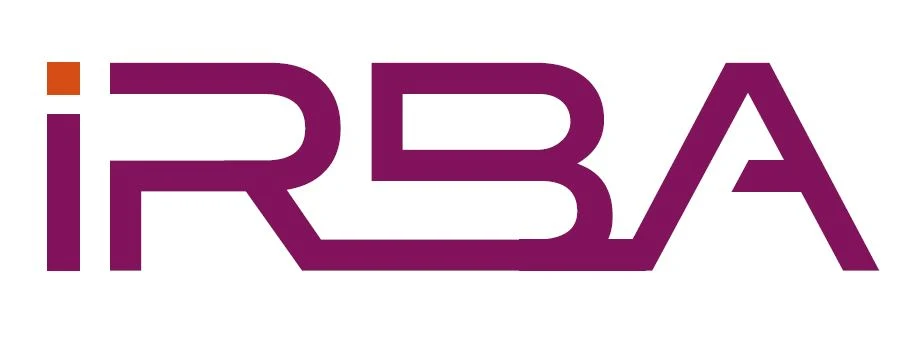A warehouse management system (WMS) is software that helps companies manage and control daily warehouse operations, from the moment goods and materials enter a distribution or fulfilment centre until the moment they leave. WMS software systems are a key component of supply chain management and offer real-time visibility into a company’s entire inventory, in warehouses and in transit. In addition to inventory management, WMS offers tools for picking and packing processes, resource utilization, analytics, and more.
Now more than ever, wholesalers, third-party logistics (3PL) providers, and shippers are under pressure to fulfill and deliver omnichannel orders at the speed of Amazon. E-commerce sales have surged. In 2019 alone, Statista reports that U.S. online retail sales amounted to US343.15 billion – and they were projected to reach almost $476.5 billion by 2024. While online sales and expectations for fast shipping are growing, the labor pool is shrinking. And until the COVID-19 pandemic took hold in mid-March 2020, a low national unemployment rate made it difficult to find warehouse workers. Although a number of available workers is temporarily higher, post-COVID-19 warehouse labor will likely be scarce once again. These forces all create the need for faster, more efficient warehouse management and logistics processes.
A good WMS system can help by streamlining every facet of warehouse management – from receiving, put-away, and pick, pack, and shipping processes to inventory tracking and replenishment. And it organizes all of these activities from a single interface.
Warehouse management systems also integrate with other tools, including basics like bar code scanning and RFID labeling, more advanced robotics and augmented reality (AR) wearables, and other mission-critical solutions, such as transportation management systems (TMS), ERP, and logistics software.
Research found the following benefits of warehouse management systems (WMS):
- Improved operational efficiency – WMS systems automate and streamline warehouse processes from inbound receipts to outbound deliveries – for improved efficiency, smoother operations, and the ability to handle higher volumes.
- Reduced waste and costs – If you have date-restricted or perishables stock, WMS software can identify which items need to be picked first, or which might need a sales push, to minimize waste. It can also help you determine the most effective use of warehouse space, from inventory placement to optimal travel paths. Some systems offer advanced simulations to create floor plans and place pallets, shelves, and equipment in the best locations to run at peak efficiency and save time and money.
- Real – time visibility – Using barcoding, RFID tagging, sensors, or other location tracking methods, a WMS system gives you real-time insight into your inventory as it moves into your warehouse, around it, and on to the net location. With visibility, you create more accurate demand forecasts, run a just-in-time inventory strategy, and improve traceability – which is especially important in the event of a recall.
- Improved labor management – A WMS can help you forecast labor needs, create schedules, optimize travel time within a warehouse, and assign the right task to the right employee based on skill level, proximity, and other factors. A good WMS system can also assist boosting employee morale by creating a more relaxed, organized, and safe environemnt where workers feel their time is valuable and being used wisely.
- Better customer and supplier relationships – With a WMS, customers enjoy improved order fulfillment, faster deliveries, and fewer inaccuracies – which increases their satisfaction and loyalty and improves your brand reputation. Suppliers can also experience reduced waiting times at loading bays and docks, for improved relations.
Dr Pete Mhlanga
Managing Director, MCTG Consulting
PhD Law
Harvard Professional & Executive Development
LLM (Public International Law)
LLB (Company Law, Tax Law, and Employment Law)


